Google Pixel 8 Pro vs Pixel 7 Pro: Slow and steady wins the race
We may earn a commission if you make a purchase from the links on this page.

Intro
New versus old, old versus new. That's just about the deal with the Pixel 8 Pro versus the Pixel 7 Pro. The brand-new Google flagship is now Google is seemingly preparing a small selection of key improvements here and there, but so far, nothing too revolutionary.
Instead, Google seems dead-set on perfecting the general formula that debuted with the Pixel 6 Pro and was honed with the Pixel 7 Pro; all has culminated with the new Pixel 8 Pro, which brought notable improvements to the display, performance, battery life, and of course, all the AI-powered goodies that make the Pixel, well, a Pixel.
And what about the industry-leading seven-year software update policy, that is truly a great new feature in itself?
Pixel 8 Pro vs Pixel 7 Pro differences:
| Pixel 8 Pro | Pixel 7 Pro |
|---|---|
| Faster Tensor G3 chip | Google Tensor G2 from 2022 |
| New AI features, first to receive AI drops | Getting *some* AI features via updates |
| All apertures wider, Video Boost, 48 MP ultra-wide with improved macro | Slightly slower apertures, 12 MP ultra-wide camera |
| 2,400 nits peak brightness | 1,500 nits peak brightness |
| Generative Magic Editor, Best Take, Audio Magic Eraser | Pixel 7 Pro may or may not get these with update |
| Available in Mint, Bay, Obsidian, Porcelain | Available in Hazel, Snow, and Obsidian |
| 128 GB - 1 TB storage options | 128 GB - 512 GB storage options |
| 7 years of Android updates (2030) | 3 years of Android, 5 years of security updates (2027) |
| New thermometer sensor | - |
Read more:
Design and Size
New colors
The Pixel 8 Pro has scored some design improvements here and there that make it feel fresh and new. The phone is still made of recycled aluminum and employs the same general design, but Google has changed some bits and pieces here and there.
The slightly curved rear and front glass that slope to the side frame make for a very comfortable and ergonomic experience, so we are definitely thankful that Google hasn't ditched that design language out of the door.
Size-wise, the Pixel 8 Pro and the Pixel 7 Pro are mostly alike, with no considerable differences between the two phones. The Pixel 8 Pro clocks in at 162.6 x 76.5 x 8.8mm and tips the scales at 213gr, which is mostly similar to the 162.9 x 76.6 x 8.9 mm/212gr of the Pixel 7 Pro. Overall, that's a winning combination, as it pairs a relatively large display with a phone that's not too unwieldy and heavy.
Water and dust-resistance will be part of the mix, with IP68 most likely ensuring that the Pixel 8 Pro will be able to survive for up to 30 minutes in up to 1.5 meters of freshwater. That's as good as it gets and should give you a peace of mind that your phone will survive any liquid ordeal.
Display Differences
Coming in with a Super Actua 6.7-inch display on board, the Pixel 8 Pro easily employs the brightest display on a Pixel phone. Supporting up to 2,400 nits of peak brightness, it's also one of the potentially brightest phones of 2023, finding its sweet spot alongside the iPhone 15 Pro Max and the Galaxy S23 Ultra which have very bright displays.
The Pixel 7 Pro is less impressive in this regard, but the Super Actua display isn't such a killer feature that you should upgrade for. Sure, it's extremely bright and gorgeous, but is that enough to justify upgrading from the Pixel 7 Pro? Possibly no.
Aside from that, the Pixel 8 Pro's display still measures up to 6.7 inches and has the smooth refresh rate ranging from 1 to 120Hz for an extremely rewarding experience.
Display Measurements:
Both screens veer towards the green-ish, which is often seen on OLED panels. Thankfully, the white balance is pretty warm and pleasing. When we light up both phones with a strong floodlight, they amp their brightness above 1,400 nits, which typically translates in very clear imagery, even if you are using them out under the bright sunlight. Note that this is not peak brightness, which only measures part of the display for a limited amount of time — that's used to measure performance for HDR content.
We measure the maximum brightness by putting the phones in a bright environment that simulates a summer day outside. This is not peak brightness, but usable across-screen max brightness. Even though the Pixel 7 Pro is doing quite well in this regard, the Pixel 8 Pro will look much clearer even in the brightest of days. At minimum, they hit 1.9 nits, which will be fine for most people, but a small percentage of users report that this is still not comfortable enough for bedside viewing.
We measure the color chart by setting both displays on their most "standard" setting available (if the phones do have color profiles). As you can see, both Pixels' white point drifts towards the green-ish or blue-ish, but that's quite common for OLED displays due to the strength and arrangement of the different color pixels. In general, the drift is not too strong and both screens have a pleasant color temperature.
Just like the Pixel 7 Pro, the Pixel 8 Pro comes with an in-display fingerprint scanner which can be used for unlocking the phone as well as authenticating some apps. Picture-based Face Unlock is part of the specs sheet, but unlike regular face unlock solutions, this one is more secure and can be used to authenticate sensitive banking and fintech apps.
Performance and Software
Generational improvements
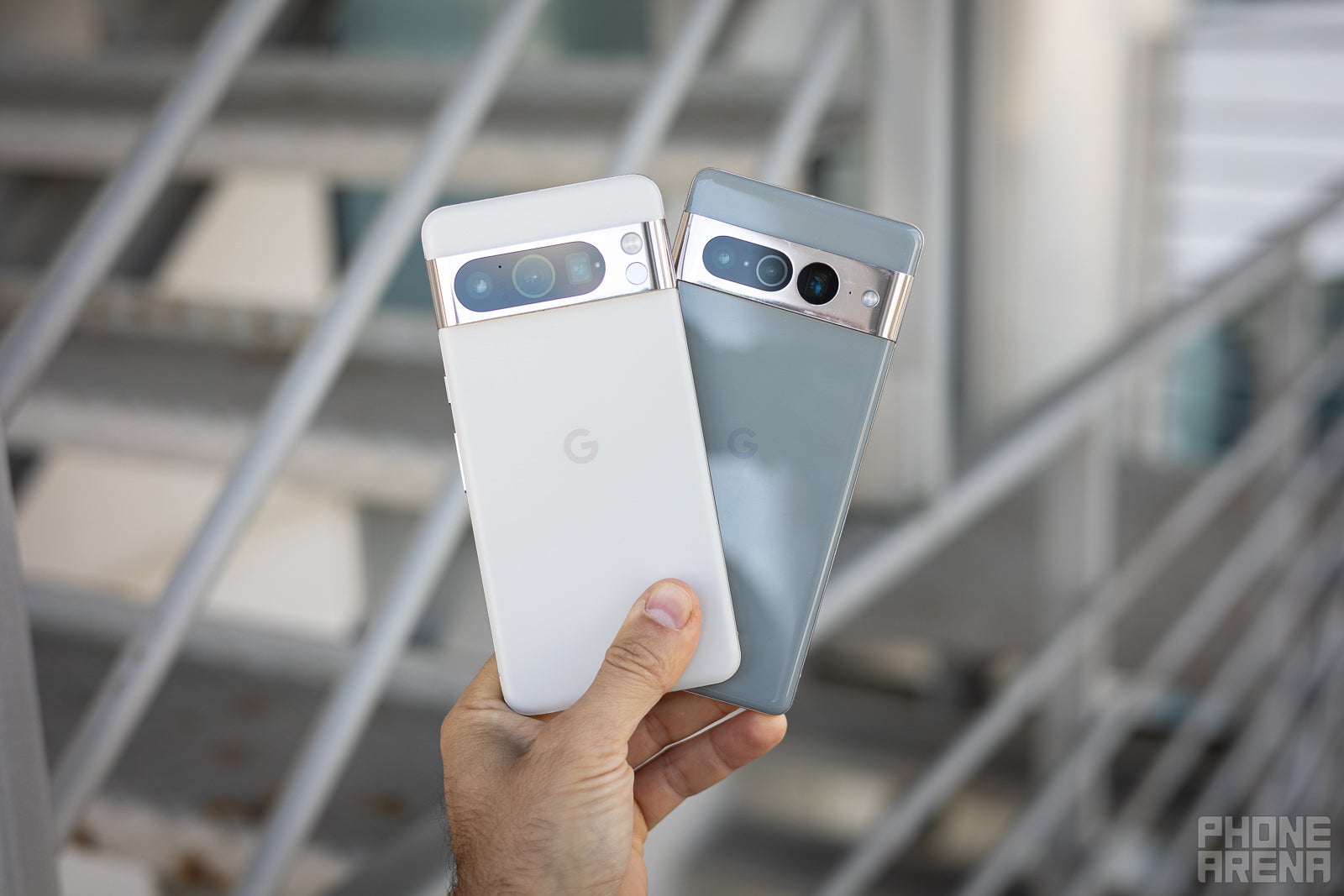
(Image Credit - PhoneArena)
The Pixel 8 Pro is powered by the Google Tensor G3 chipset, a faster and hopefully more efficient release than the Tensor G2 that powers the Pixel 7 Pro. The Pixel 8 Pro has one extra core totaling nine, a contrast with the octa-core Tensor G2. The Tensor G3 is powered by a prime Cortex X3 core, but also has quad Cortex-A715 and quad 4x Cortex A-510 cores which take care of the less-intensive tasks. Not only that, but the GPU in the Tensor G3 is the Mali-G715 GPU, which delivers some boost to graphics performance.
As we expected, the Pixel 8 Pro totally beats its predecessor in our benchmark tests as far as raw performance goes, which is a very welcome improvement!
Memory-wise, the Pixel 8 Pro comes with LPDDR5X RAM, which could introduce potential small improvements in comparison with the LPDDR5 RAM on the Pixel 7 Pro. The Pixel 8 Pro comes with 12GB of RAM, just like the Pixel 7 Pro. The new phone is available in 128, 256, 512GB and a spacious 1TB version, while you can have the Pixel 7 Pro with up to 512GB only.
Camera
Considerable changes to video
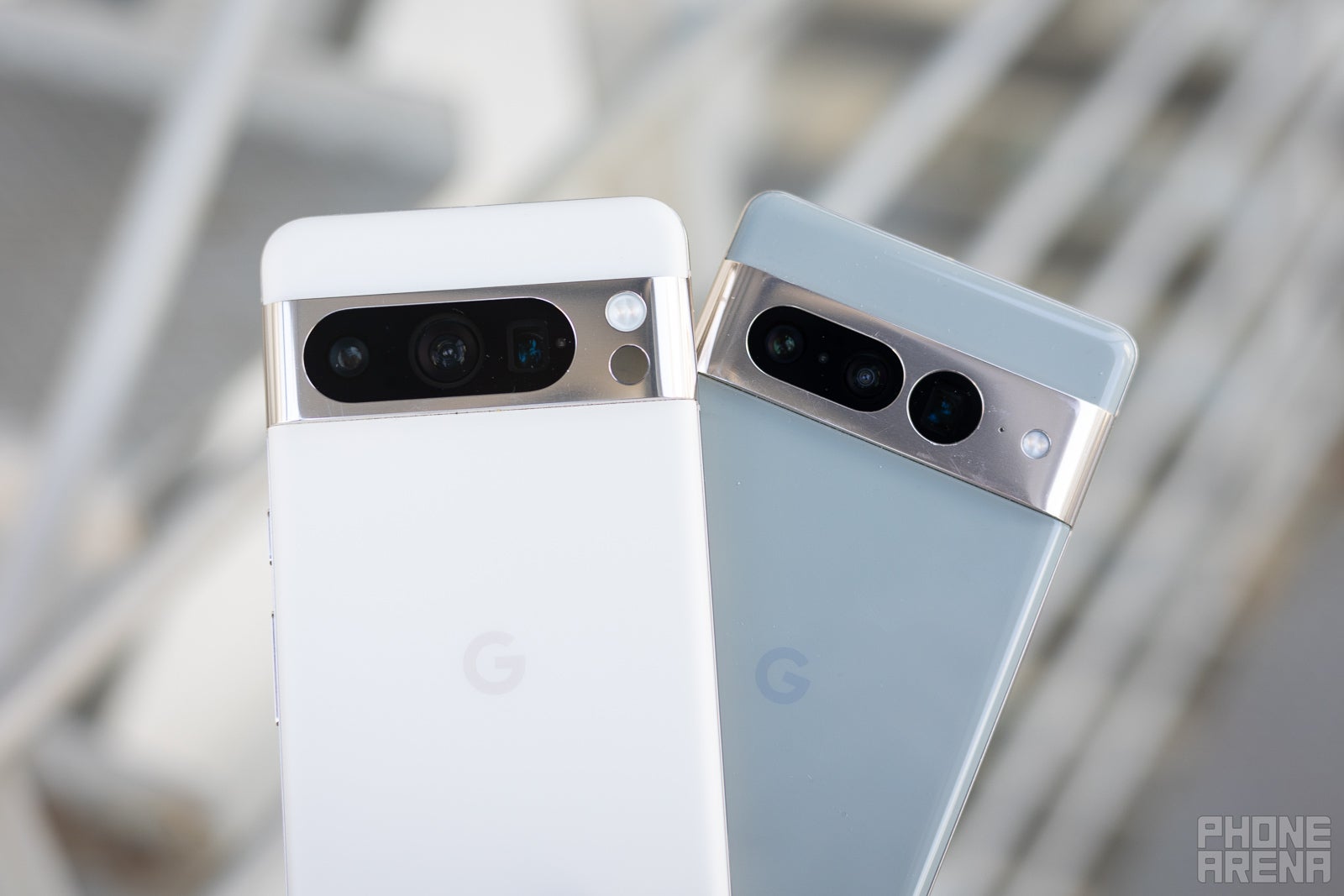
(Image Credit - PhoneArena)
The Pixel 8 Pro comes with tons of improvements in the camera department, most of which are AI-powered but won't be available at launch. From a hardware standpoint, the Pixel 8 Pro comes along with a 50MP main camera with improved f/1.7 aperture and better light sensitivity, which should have a big effect on low-light photography. The Pixel 7 Pro, on the other hand, has a slower f/1.9 aperture, so it is disadvantaged when the lights go down.
The same improvements go to the telephoto and ultra-wide cameras, which have also scored wider, faster apertures than the Pixel 7 Pro. The 48MP ultra-wide on the Pixel 8 Pro now has an f/1.9 aperture, while the Pixel 7 Pro got an f/2.2 ultra-wide camera. The ultra-wide camera of the Pixel 8 Pro has improved macro capabilities.
Moving on to the telephoto camera on the Pixel 8 Pro, it boasts 5.0x optical zoom just like its predecessor, but has scored significant improvements in terms of light sensitivity as well. We have a 48MP f/2.8 on the Pixel 8 Pro, while the Pixel 7 Pro has the slower f/3.5 aperture.
Here is how the Pixels rate on our new camera benchmark, with isolated tests to the main camera, zoom performance, ultra-wide, video recording, and others:
Main Camera - Daytime Photos
Well, there you have it: there isn't any big difference between the Pixel 8 Pro and the Pixel 7 Pro in terms of image quality. In fact, there's hardly any noticeable difference in good daylight. Color science, dynamics, and details are all mostly similar between the two phones, and they take very, very decent photos.
Main Camera - Low-light / Night Photos
At night, things aren't particularly different either. Both devices have mostly similar low-light performance. Sure, the Pixel 8 Pro might have slightly better dynamics in some scenes, but overall, the Pixel 7 Pro doesn't really lag its worthy successor.
Zoom Quality
Both phones come with the same 5X telephoto cameras, and honestly, it's hard to pick which one's which.
Portrait Mode
When it comes to portrait photography, Pixel phones still have some issues to iron out, and both the Pixel 8 Pro and Pixel 7 Pro are no strangers to those. Some separation artifacts and incorrect background blur are present, but nothing too drastic.
Ultra-wide Camera
The same applies to the ultra-wide camera: no significant changes between the Pixel 7 Pro and the Pixel 8 Pro.
Selfies
In this scene, the Pixel 7 Pro has actually done a slightly better job, but again, it's mostly likely due to the difference in composition and other factors. Both phones have very similar selfie style.
Video Quality

Video is seemingly a big bet on the Pixel 8 Pro, but in real life, there aren't any notable improvements over the Pixel 7 Pro. Stabilization seems to be better on the newer phone.
Audio Quality and Haptics
The audio quality of the Pixel 7 Pro was excellent and certainly on the flagship level one would expect from a high-end Google phone. With decently pronounced mids, sufficiently deep base and clear highs, it's a joy to listen to music or enjoy videos on your Pixel.
In terms of haptic feedback, gone are the days of mushy vibrations that some earlier Pixel phones were infamous for. The Pixel 7 Pro provides accurate feedback, here's to hoping the same fate will befall the upcoming Pixel 8 Pro.
Battery Life and Charging
The Pixel 8 Pro comes with a 5,050mAh battery, but don't keep your hopes up about a very long-lasting device: Google claims 31-hour battery life for the Pixel 8 Pro. This isn't any different from the Pixel 7 Pro, so battery life should be the same.
There's a 5,000mAh battery inside the Pixel 7 Pro, which generally fares quite well in our custom video and web browsing tests in comparison with the previous Pixel 6 Pro, but lost to it in our custom 3D gaming test. Hopefully, the Pixel 8 Pro will be able to outdo its predecessor and reach new heights of endurance in our custom battery tests; we will be testing these claims very soon.
In our custom battery tests, which are all ran with the displays manually set at 200 nits, the Pixel 8 Pro outlasts the Pixel 7 Pro by an hour in our video streaming test and by up to an hour and a half in our web browsing test, which aims to replicate real-life browsing.
The Pixel 8 Pro comes with 30W wired charging, while the Pixel 7 Pro charges up at 23W. The difference shouldn't be big, but will be there most likely. Of course, don't expect a charger in the box.
PhoneArena Charging Test
Specs Comparison
Our Pixel 8 Pro vs Pixel 7 Pro specs comparison is live. Here's the gist of it, summarized for your convenience:
| Pixel 8 Pro | Pixel 7 Pro | |
|---|---|---|
| Size, weight | 162.6 x 76.5 x 8.8 mm, 213gr | 162.9 x 76.6 x 8.9 mm, 212gr |
| Screen | 6.7" OLED 1-120Hz LTPO 2,400 nits | 6.7" OLED 1-120Hz LTPO |
| Processor | Google Tensor G3 | Google Tensor G2 |
| RAM, Storage | 128GB/256GB/512GB/1TB 12GB LPDDR5X | 128GB/256GB/512GB 8GB/12GB LPDDR5 |
| Cameras | 50MP main 48MP ultra 48MP 5X zoom 10.5MP front | 50MP main 12MP ultra 48MP 5.0X zoom 10.8MP front |
| Battery | 5,050mAh | 5,000mAh |
| Charging | USB-C 30W wired | USB-C 23W wired |
Summary
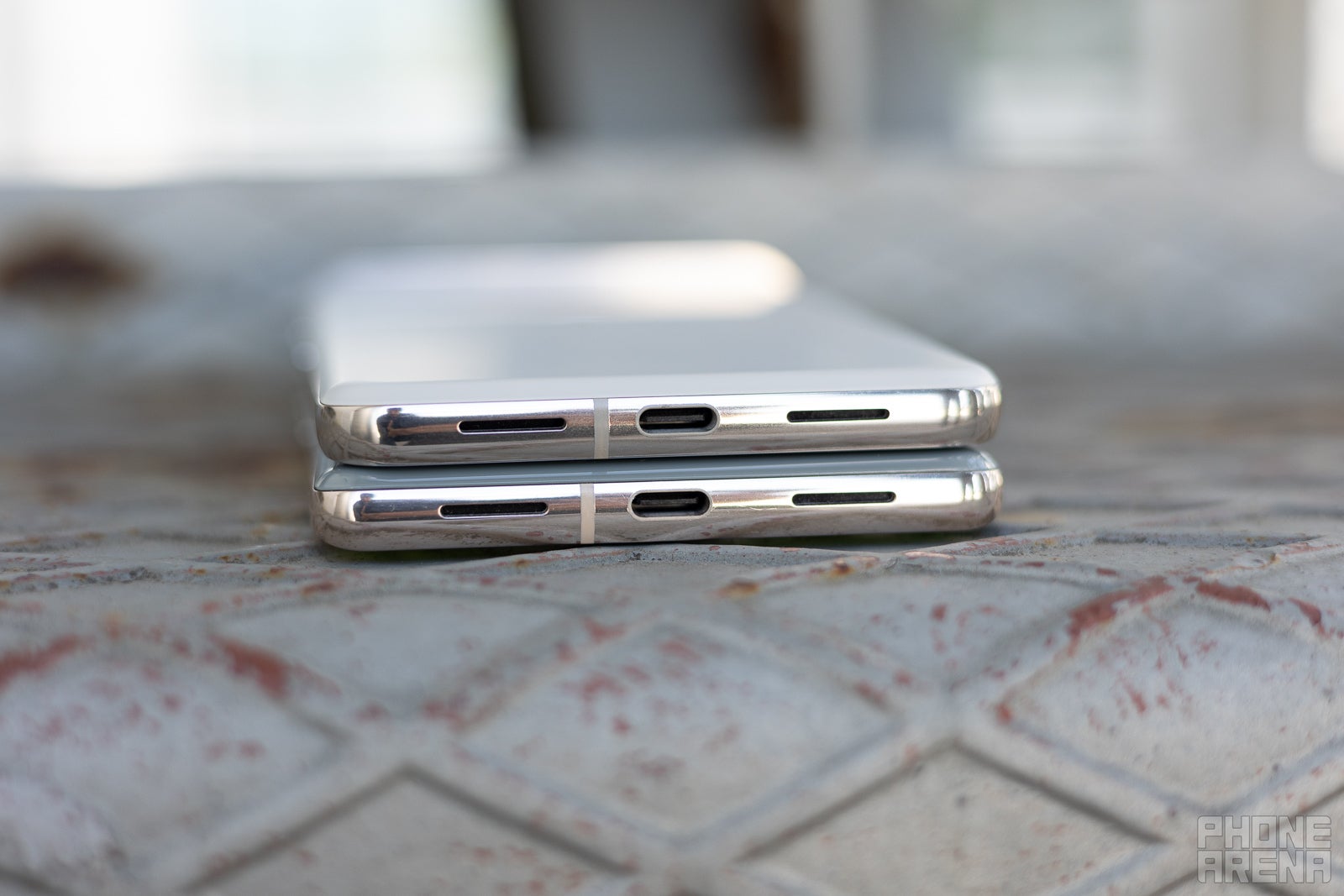
(Image Credit - PhoneArena)
While it's true that we don't expect any major changes on the Pixel 8 Pro, this doesn't mean that it will be a lackluster release at all. In fact, the Pixel 7 Pro was easily one of our favorite Android phones of last year, so we have equally high expectations of the Pixel 8 Pro as well.
Should you hold your breath and potentially upgrade to the Pixel 8 Pro if you're using a Pixel 7 Pro? Well, it depends. If you really value a better display, better performance, and slightly more battery endurance, then the Pixel 8 Pro could be the perfect phone to upgrade to. Oh, and let's not forget that it's being supported for seven years, which is a lot.
Follow us on Google News

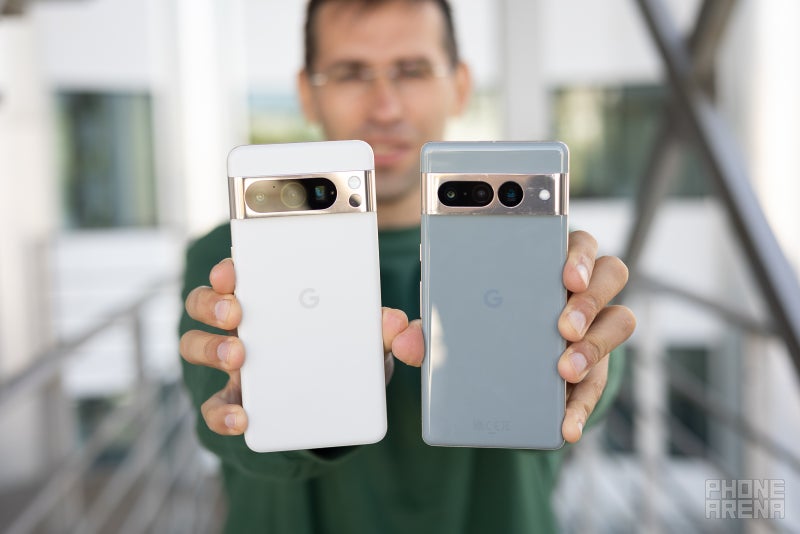

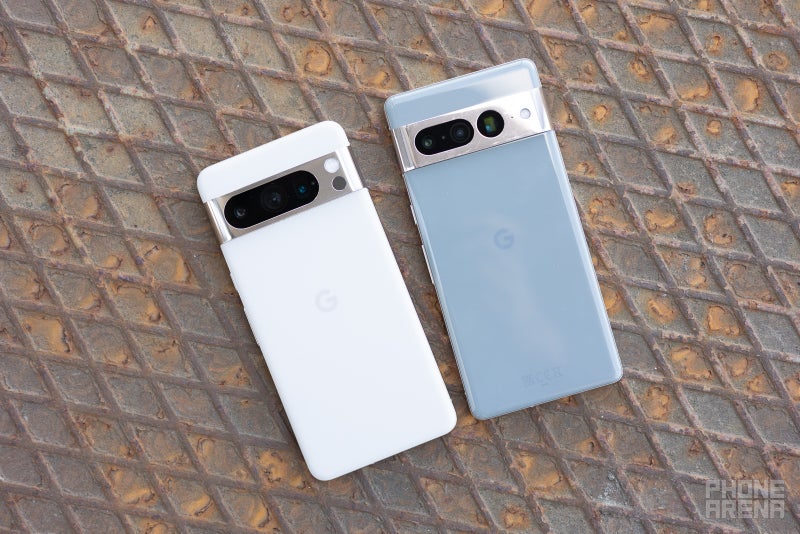
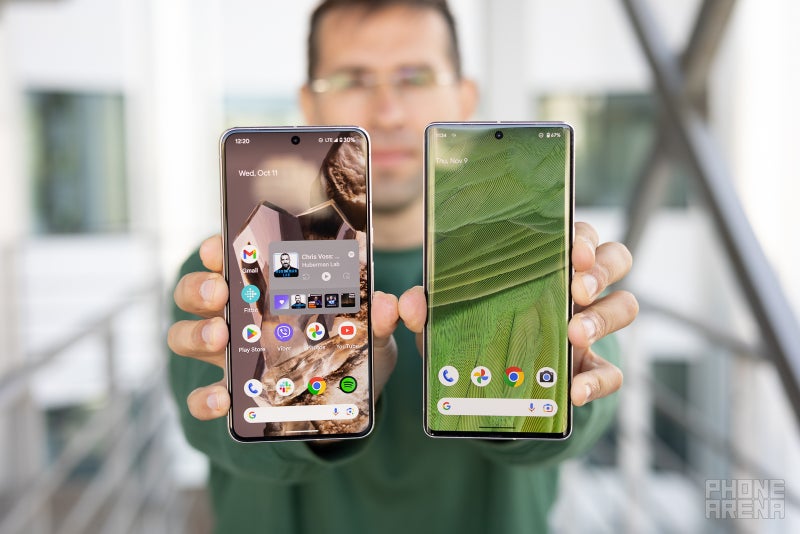
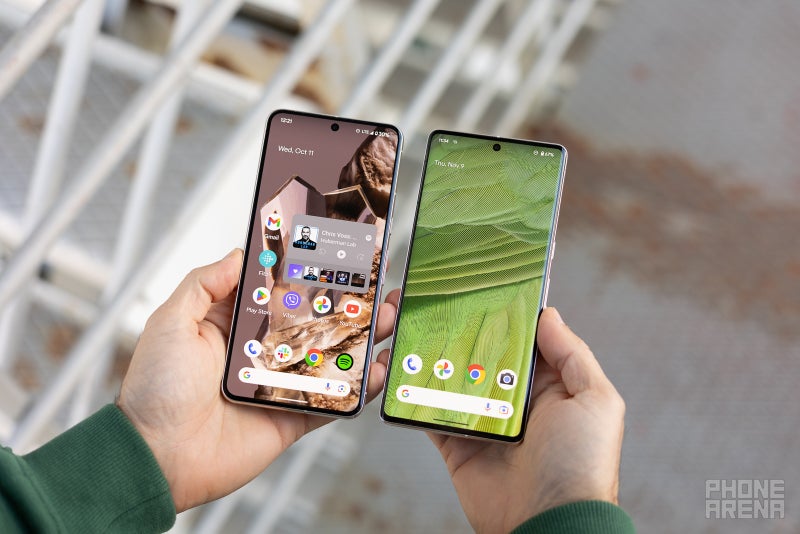
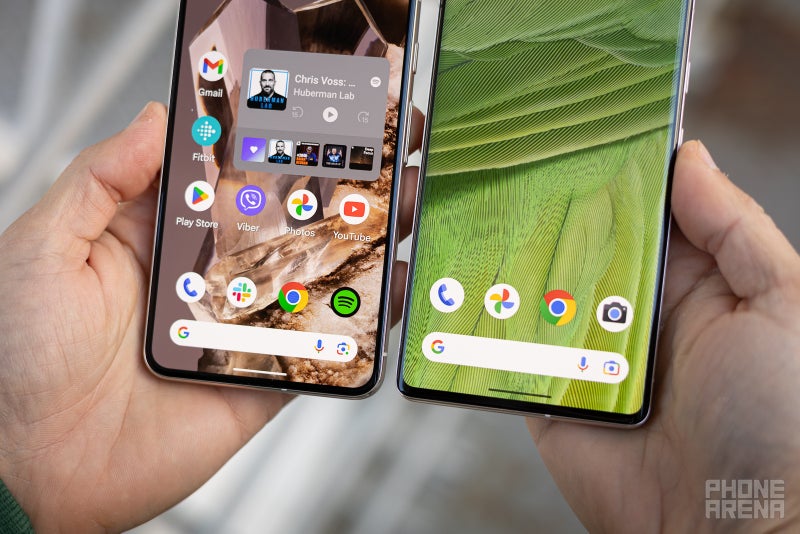
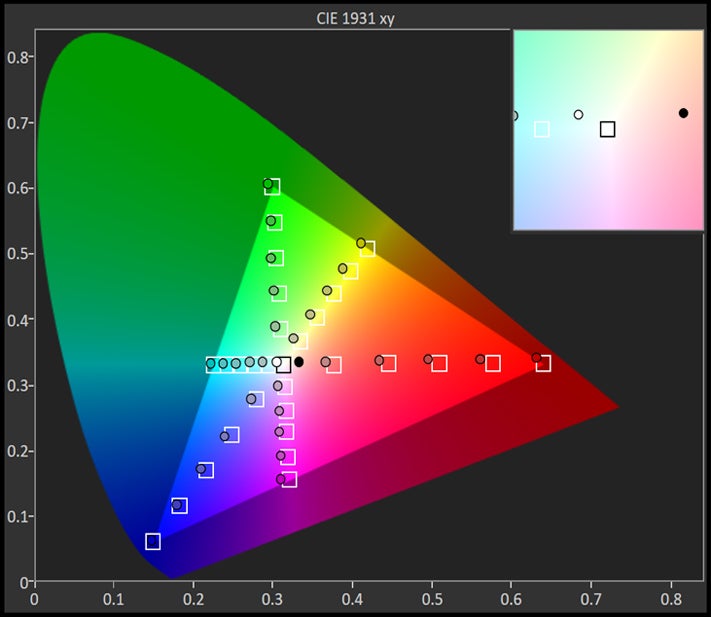









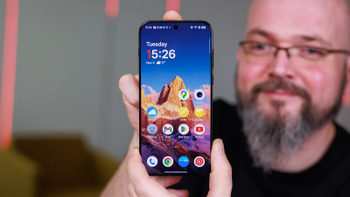
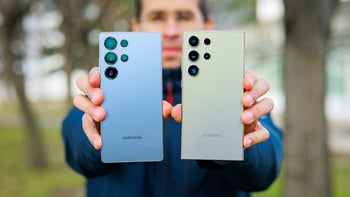



![A new Android bug is making it impossible to install new apps. Are you affected? [UPDATE]](https://m-cdn.phonearena.com/images/article/176703-wide-two_350/A-new-Android-bug-is-making-it-impossible-to-install-new-apps.-Are-you-affected-UPDATE.webp)

Things that are NOT allowed:
To help keep our community safe and free from spam, we apply temporary limits to newly created accounts: